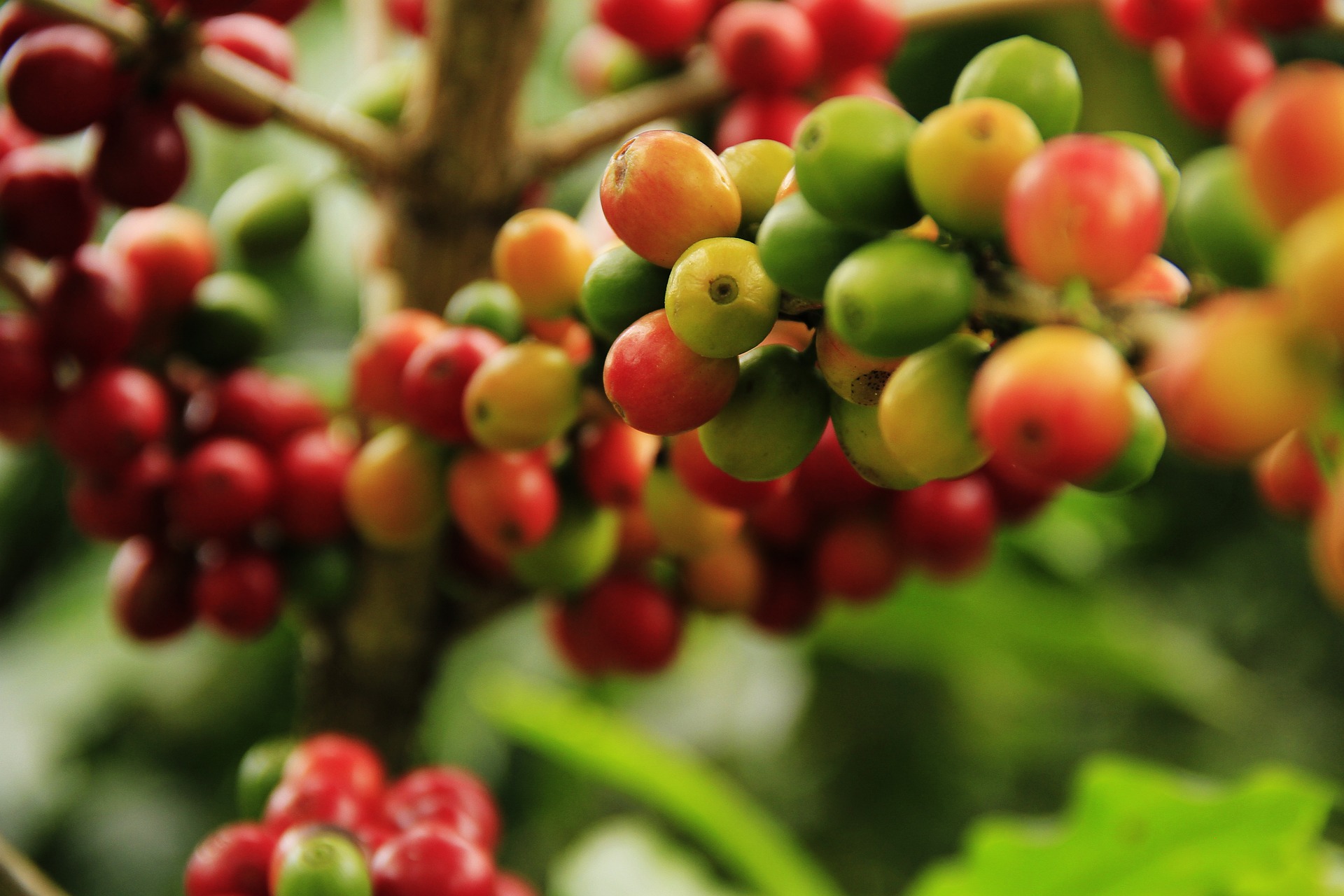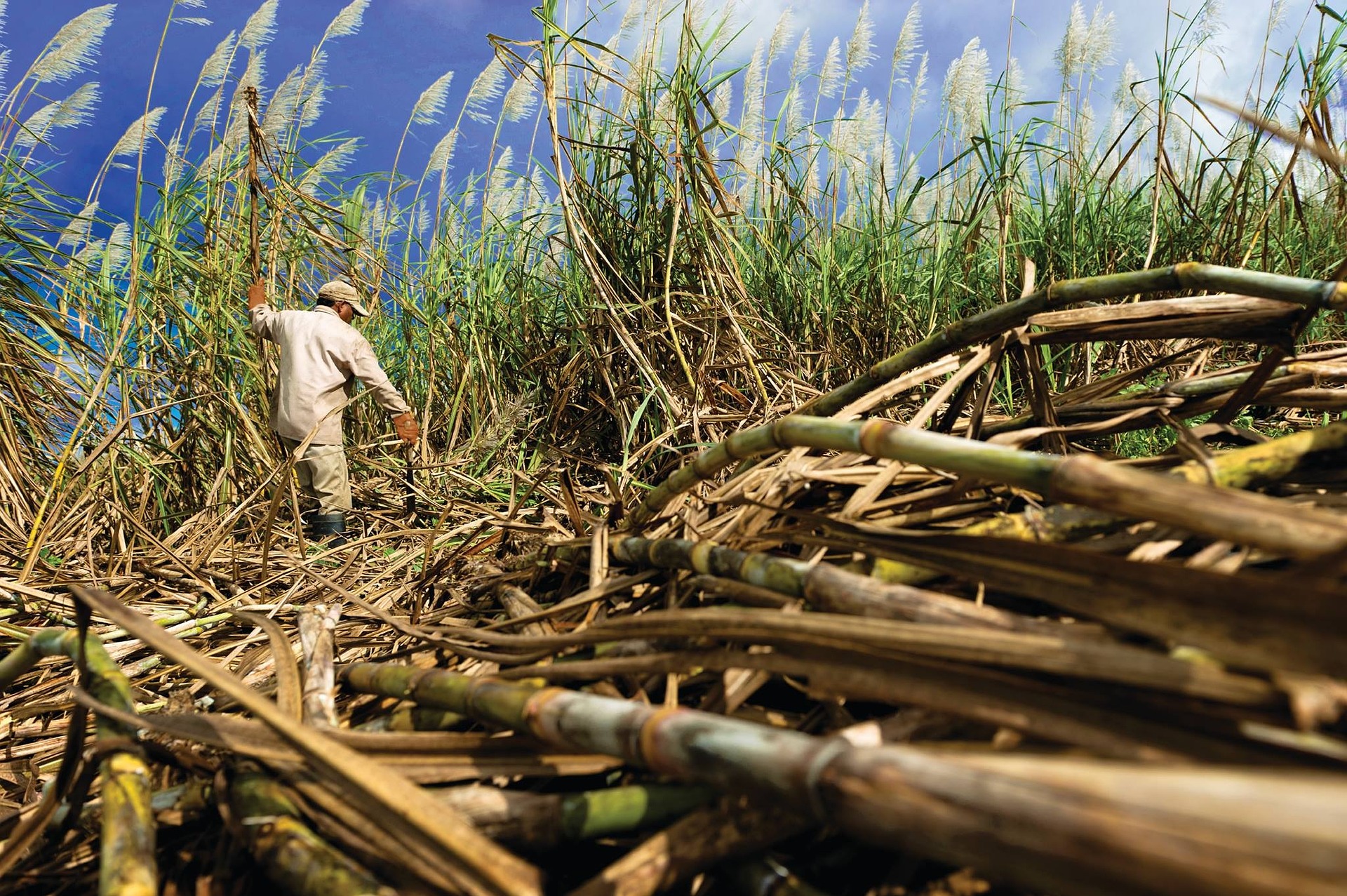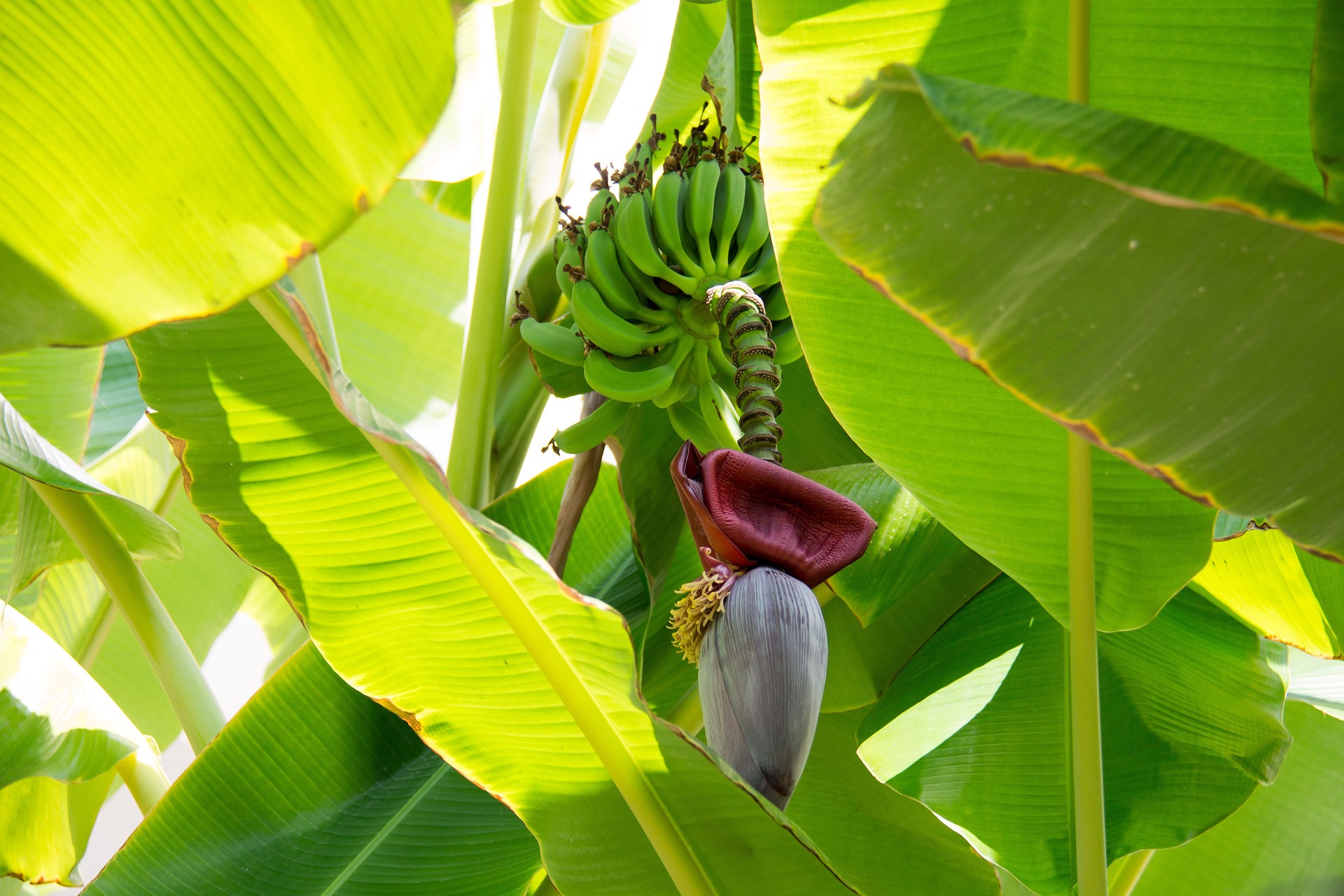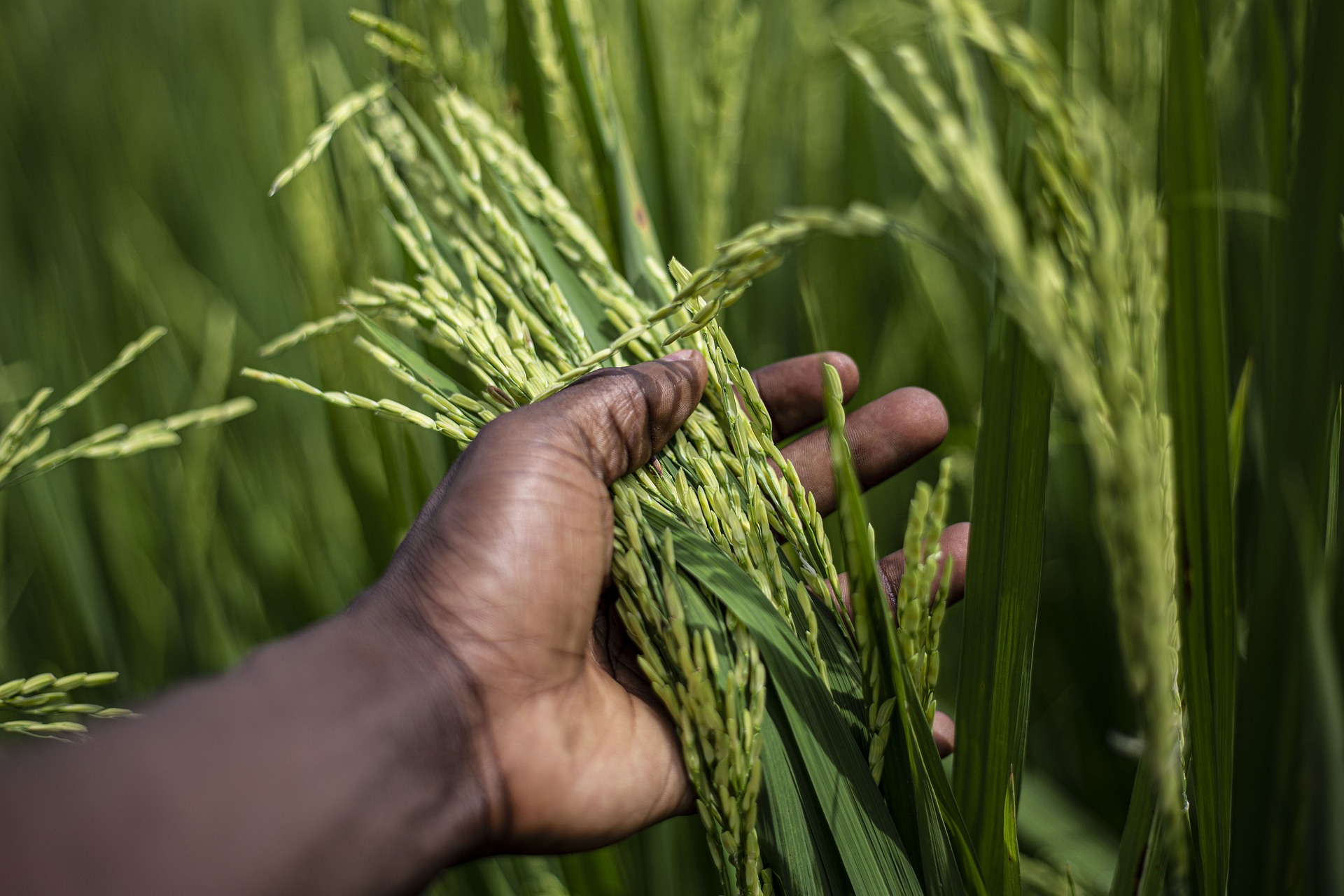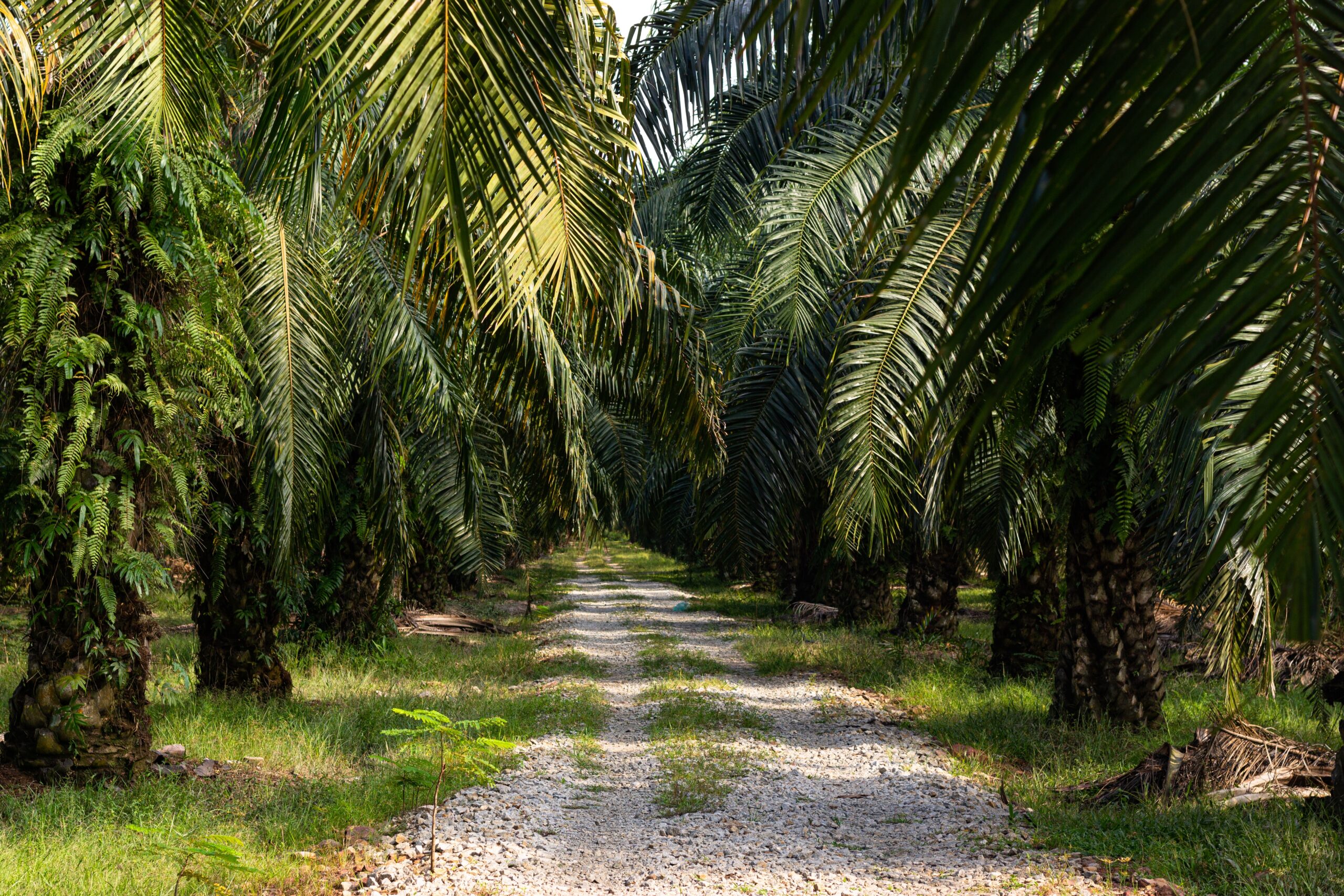The Secrets of the Garden
History and Nature in the Bellavista
Coffee, Banana and Palm Cultivation
Crops originating in Africa and Asia that are historically important in Costa Rica include sugar cane, rice, coffee, and bananas.
The Typica or Criollo coffee variety was first farmed in the Central Valley in the 1820s and 1830s. The bourbon variety expanded in the beginning of the twentieth century, as did other low bearing varieties such as caturra, catua, or catimor, a Tico hybrid, as well as “Villa Sarchi” and “Villalobos,” which were products of local mutations, among others. The international United Fruit Company established banana plantations on a massive scale in the Caribbean. Banana activity shifted to the Central and South Pacific in the 1930s and 1940s, where it remained the leading crop until the mid-1980s. Today, the African palm dominates the agricultural landscape of this region, from which palm oil, essential to the food sector, is extracted.
COFFEE´S SCENT
Costa Rican coffee stands out for its flavor, acidity and, foremost for the scent of its “taza” -cup of excellence-; these characteristics have been predominant along its history: since the first crops of the “Typica” variety in the 19th century to the more recent varieties like “Geisha”.
The production of this “suave” coffee -high quality Arabiga- historically has fetched high prices in the international markets, not only due to its intrinsic quality but also due to careful growing practices, harvesting and processing. A particularly outstanding practice is that of harvesting only fully ripe berries of a characteristically red color.
THANKS
Agropecuaria del Norte, Almácigos El Indio, Centro Agronómico y Tropical de Investigación y Enseñanza (CATIE), Finca Armonía Ambiental de Providencia de Dota, La Piapia Speciality Coffee, Instituto del Café de Costa Rica (ICAFE), Municipalidad de San José, Nelson Mora de la Finca Armonía Ambiental y World Coffee Research (WCR).

